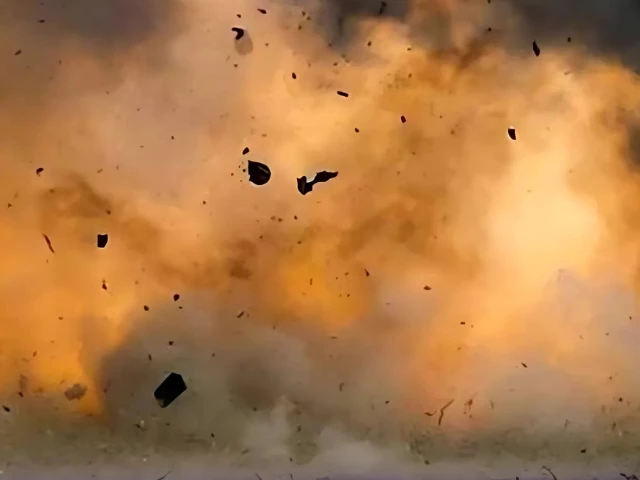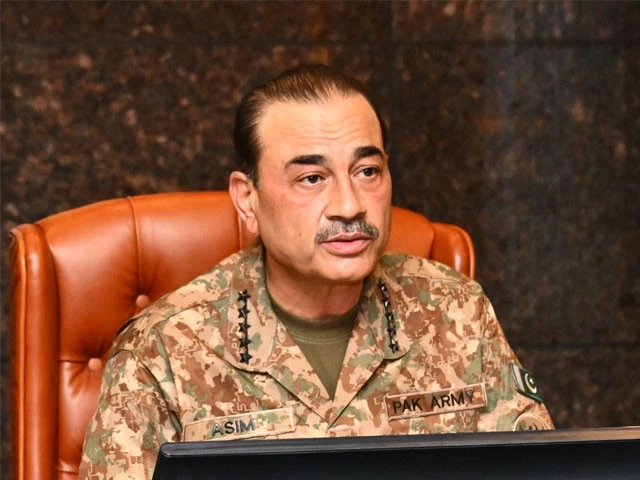The Importance of Dialogue in Troubling Times: A Look at Pakistan’s Call for Peace
In recent days, the world has witnessed rising tensions, particularly stemming from reported Russian incursions into the airspace of Poland and Romania. Pakistan, as a responsible member of the international community, has stepped forward to advocate for dialogue and restraint, emphasizing that diplomacy is the only sustainable path toward lasting peace.
During an emergency UN Security Council session, Pakistan’s Permanent Representative, Ambassador Asim Iftikhar Ahmad, highlighted the ongoing conflict in Ukraine and its potential to destabilize both regional and global peace. As the war enters its fourth year, Pakistan’s consistent stance has been that dialogue is essential. Ahmad reiterated that any successful resolution must address the security concerns of all involved parties, rooted firmly in the principles outlined in the UN Charter.
He stated, “Pakistan has repeatedly drawn attention to the negative consequences of this conflict and the urgent need to bring it to an end.” His firm belief in meaningful dialogue is indicative of a broader understanding that military means alone cannot yield a sustainable solution. A stable settlement relies on active communication and negotiation—elements that are increasingly crucial as tensions escalate.
The backdrop to Pakistan’s appeals involves not just the direct conflict in Ukraine but also a web of international relations that can spiral out of control without careful handling. Just recently, Estonia alleged that three Russian MiG-31 fighters had violated its airspace, leading to heightened warnings from UN officials. Miroslav Jenca, the UN’s Assistant Secretary-General, maintained that the global community cannot afford to let such situations escalate, which serves as a reminder of the complexities and dangers present in today’s geopolitical landscape.
Conversely, Russia’s Deputy Permanent Representative dismissed the claims as "Russophobic hysteria," asserting that military activities were conducted in line with international rules. This tug-of-war of narratives underscores the pressing need for diplomacy—one that not only calms tempers but also fosters a willingness among nations to address grievances proactively.
Estonia’s Foreign Minister, Margus Tsahkna, pointed to radar evidence to support claims of airspace violations, stating that this was part of a broader pattern of provocations. Such incidents demonstrate how easily tensions can flare between nations, emphasizing that discussions centered around peace are not just beneficial but necessary.
Pakistan’s position is commendable, advocating for an immediate ceasefire and meaningful negotiations. This approach not only highlights the importance of diplomatic channels but also reflects a commitment to fostering a cooperative rather than adversarial international environment. In a world rife with conflicts, choosing dialogue over escalation should be the norm rather than the exception.
As global citizens, we all have a stake in peace, and understanding the complexities behind these discussions helps to create a more informed public. Organizations like Pro21st are dedicated to providing insights into such global matters, exploring pathways towards peaceful coexistence. Engaging with communities around these themes can inspire meaningful connections and encourage a collective effort toward securing a more peaceful world.
Let’s remember, the essence of diplomacy lies in dialogue, understanding, and respect—a path that must be trodden if we aspire to achieve lasting peace.
At Pro21st, we believe in sharing updates that matter.
Stay connected for more real conversations, fresh insights, and 21st-century perspectives.





